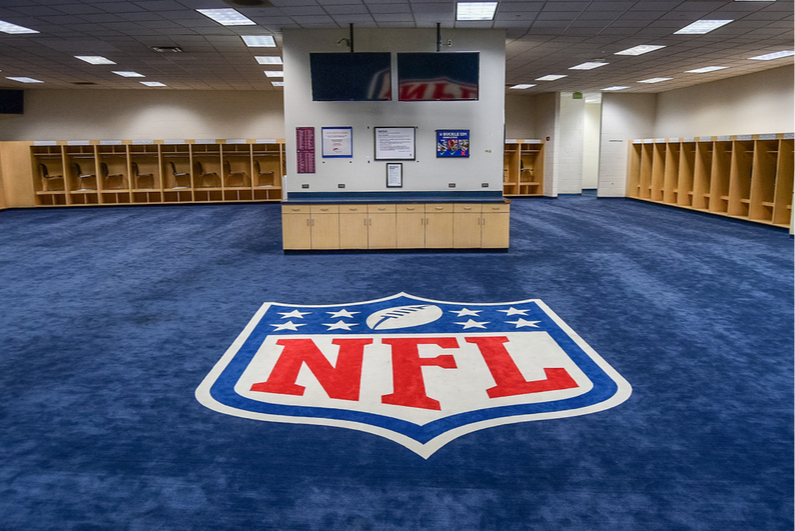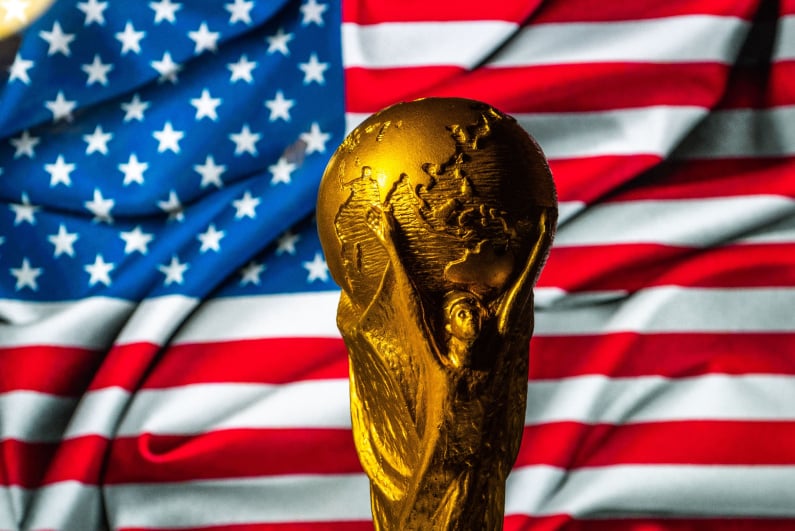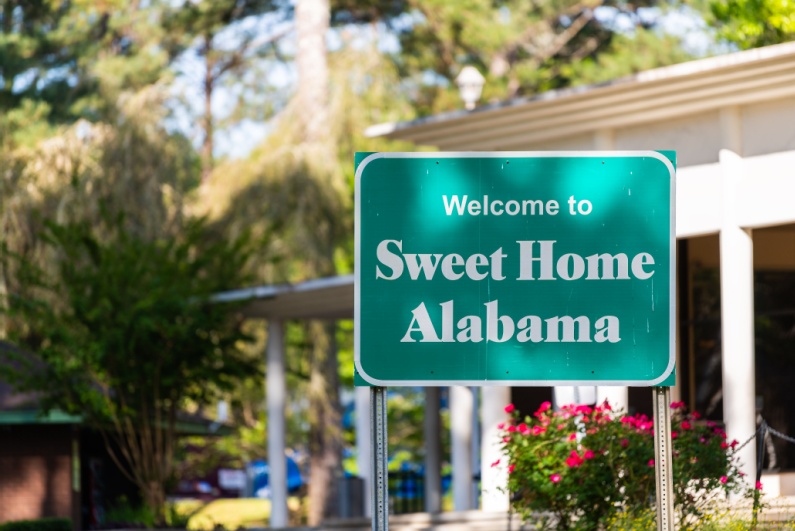Teaming up with GVC
The NFL Players Association (NFLPA) Professional Athletes Foundation has announced the creation of a new program to educate NFL players about responsible gambling and sports integrity. The Foundation inked a two-year agreement with EPIC Risk Management and GVC Foundation US to launch the initiative.
We urge all sports leagues to address problem gambling with the seriousness it deserves.”
“This is the first program that the NFLPA/PAF has ever run on problem gambling education and awareness,” said NFLPA Professional Athletes Foundation executive director Andre Collins in Tuesday’s announcement. “As the first major professional sports league in the U.S. to undertake this project, we’re proud to tackle this issue head-on. We urge all sports leagues to address problem gambling with the seriousness it deserves.”
The Professional Athletes Foundation gears its programs toward former NFL players, offering medical, financial, and educational assistance. EPIC and GVC will develop the program’s actual content, while the NFLPA/PAF will deliver it to its members.
The GVC Foundation is the social responsibility arm of GVC Holdings, the owner of partypoker, bwin, Ladbrokes, and Coral, among others. EPIC Risk Management, according to its website, “exists to help organizations prevent gambling-related harm.”
Ex-athletes can be vulnerable
EPIC and GVC Foundation already work together, hosting seminars on problem gambling throughout the United States. They are also working with the Division on Addiction at Cambridge Health Alliance on a study about athletes’ “relationships with problem gambling.”
Paul Buck, CEO of EPIC Risk Management, said, “Problem gambling is often described as a hidden addiction. The signs are difficult to spot, yet the effects can be devastating.”
Educating these former players on how to gamble responsibly and act with integrity is a crucial step forward for all sports.”
“Professional athletes are highly susceptible to problematic gambling behavior,” added former Giants wide receiver and trustee for GVC Foundation US Amani Toomer. “Educating these former players on how to gamble responsibly and act with integrity is a crucial step forward for all sports.”
Focusing on problem gambling education is especially important now, as sports betting continues to be legalized across the United States, opening more avenues for current and former athletes to bet.
“The gambling industry has a moral responsibility to look after consumers and ensure their wellbeing,” said Martin Lycka, Foundation trustee and GVC Holdings director of regulatory affairs.
Temptation exists for active players, too
Though the program is aimed at retired NFL players, the league also educates active players about the dangers of gambling. Those discussions, however, tend to revolve more around the harm gambling could do to the integrity of the game. Betting scandals are few and far between in the NFL, but they do happen.
In late November 2019, the Arizona Cardinals’ Josh Shaw was suspended for betting on his own team’s games. Shaw, who was on injured reserve and not playing, had not been around the team since the preseason. He went to a Caesars Palace in Las Vegas with some friends on November 10 and placed a three-team parlay wager at the sportsbook.
One the games in the parlay involved his own Arizona Cardinals against the Tampa Bay Buccaneers. Shaw bet on Tampa Bay to win the second half by one point. Though the Buccs did win the game, the Cardinals won the second half, 14-13, therefore losing Shaw his bet.
Shaw cannot file for reinstatement until February 15, 2021.



